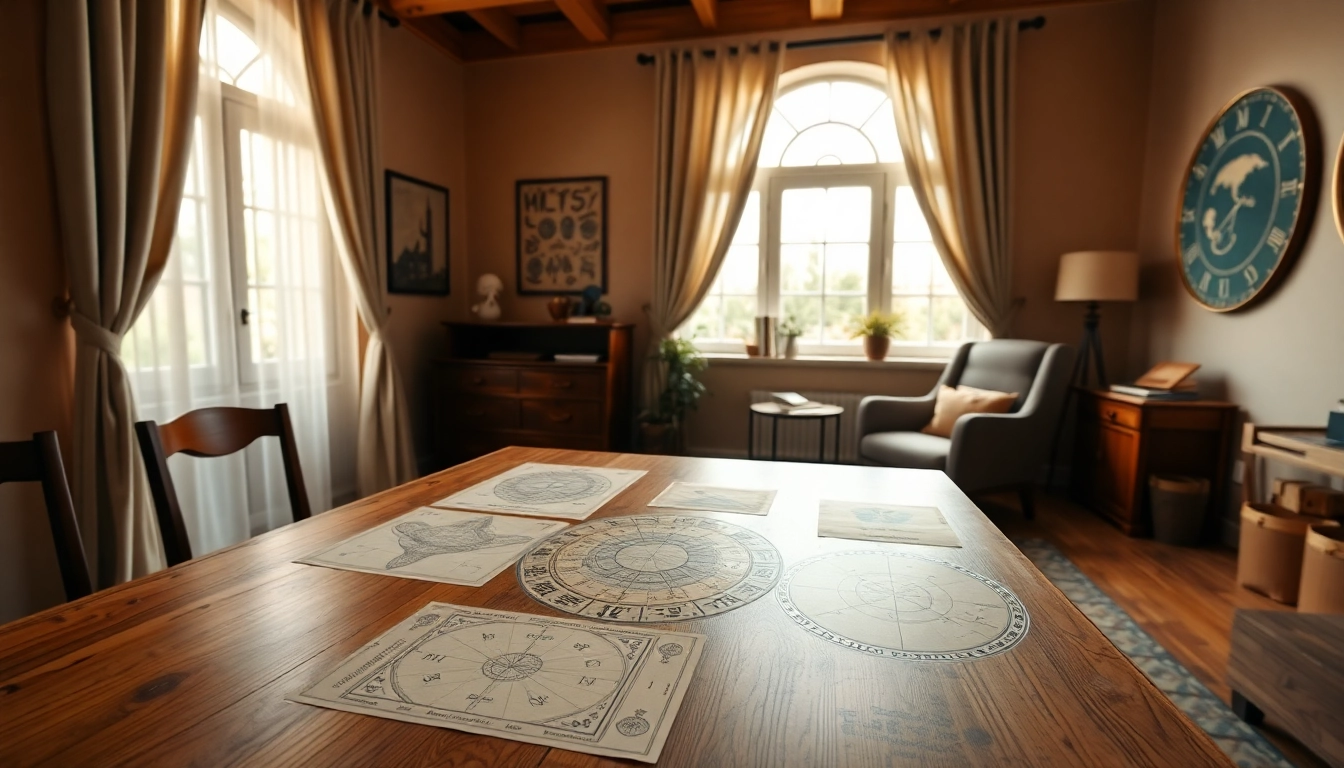Understanding the Dynamics of a Relationship Breakup
What Is a Relationship Breakup?
A relationship breakup denotes the termination of an intimate partnership between two individuals, which can happen for various reasons ranging from personal differences to major life changes. It’s a multifaceted experience that impacts every aspect of those involved. Unlike a simple disagreement, a breakup can involve deep emotional investments, shared memories, and plans that suddenly crumble. The relationship breakup acts as a defining moment, reshaping one’s emotional landscape and leaving behind profound psychological implications.
The Emotional Impact of a Relationship Breakup
The emotional aftermath of a breakup is often intense and can lead to various feelings, such as sadness, anger, guilt, and confusion. Research has revealed that the distress from a breakup can be akin to the grief experienced upon the death of a loved one. Individuals may find themselves haunted by what-ifs or replaying moments from the past, feeling trapped in a cycle of negative emotions. Understanding these feelings is crucial for healing and moving forward, as acknowledging pain serves as the first step toward recovery.
Common Reasons Behind Relationship Breakups
Breakups occur for a myriad of reasons, often falling into specific categories such as:
- Lack of Communication: Poor communication can lead to misunderstandings and resentment.
- Infidelity: Trust is a cornerstone of any relationship; betrayal can shatter the foundation.
- Life Changes: Situations such as moving for a job or differing goals can create insurmountable distances.
- Incompatibility: Differing values or lifestyles can emerge over time, leading to feelings of separation.
Understanding these root causes can help individuals find closure and gain insights for future relationships.
Recognizing the Stages of Grief After a Relationship Breakup
The Five Stages of Grief
Grieving the end of a relationship often follows the stages outlined by Elisabeth Kübler-Ross: denial, anger, bargaining, depression, and acceptance. Each stage holds significant importance in the journey towards healing:
- Denial: This initial phase acts as a defense mechanism where the reality of the breakup is avoided.
- Anger: Feelings of resentment or injustice can surface as individuals confront their pain.
- Bargaining: In this stage, individuals may internally negotiate to restore the relationship.
- Depression: A deep sense of loss can emerge, leading to withdrawal and sadness.
- Acceptance: The final stage involves coming to terms with the breakup and beginning to heal.
How Long Do These Stages Typically Last?
There is no fixed timeline for moving through these stages; each individual’s experience can vary widely. Factors such as the length of the relationship, emotional attachment, and personal resilience can influence the duration of each stage. While some may navigate these emotions in a few weeks, others might take months or even years to attain full closure.
Signs of Healthy Grieving Process
Recognizing the indicators of a healthy grieving process can reassure individuals that they are on the right path. Signs include:
- Allowing oneself to feel a range of emotions.
- Seeking social support from friends and family.
- Engaging in self-reflection and understanding.
- Gradually resuming daily routines and responsibilities.
These positive strides can foster resilience and adaptability moving forward.
Effective Coping Strategies Post Relationship Breakup
Finding Support from Friends and Family
Lean on your personal support networks, as connections with friends and family can be invaluable in periods of distress. Surrounding oneself with understanding individuals offers validation and camaraderie, preventing feelings of isolation. Moreover, sharing one’s feelings and experiences can facilitate emotional relief, helping to process complex emotions more effectively.
Engaging in Self-Care and Mindfulness
Prioritizing self-care activities is essential for emotional healing. Simple acts such as maintaining personal hygiene, regular exercise, or pursuing hobbies can significantly enhance mood and overall wellbeing. Mindfulness techniques, like meditation and reflective journaling, can help individuals stay present, fostering a sense of calm amidst emotional turmoil.
Utilizing Professional Help When Needed
At times, the emotional weight of a breakup may be overwhelming. Seeking the guidance of a mental health professional can provide tailored coping strategies and emotional support. Therapists and counselors can assist individuals in navigating their feelings, facilitating healing, and implementing constructive changes in their lives.
Rebuilding Your Life After a Relationship Breakup
Setting New Personal Goals
After a breakup, it’s essential to redirect focus toward personal growth and future aspirations. Setting specific, measurable, achievable, relevant, and time-bound (SMART) goals can provide a sense of direction and purpose. Whether it’s embarking on a new career path, enhancing physical fitness, or pursuing educational opportunities, working toward these objectives can empower individuals, diverting attention from past pain toward future potential.
Exploring New Interests and Hobbies
Engaging in new activities can be a therapeutic way to rediscover oneself post-breakup. Classes, workshops, or group activities can introduce fresh passions while also paving the way for new social connections. Finding what brings joy can rekindle a sense of identity that may have been lost during the relationship.
Embracing Changes in Your Social Life
The end of a significant relationship often leads to shifts in social circles. It’s crucial to embrace these changes and seek new friendships that align with the individual’s current state and interests. Expanding one’s social network enables individuals to build new memories and experiences, facilitating a richer, more fulfilling life.
Moving Forward: How to Form Healthier Relationships
Learning from Past Mistakes
Every relationship teaches valuable lessons. Reflecting on previous partnerships can unveil patterns or behaviors that may need addressing in future relationships. By identifying detrimental tendencies, individuals can consciously choose to act differently in new partnerships, fostering healthier dynamics.
Understanding Red Flags in Relationships
Awareness of red flags is critical in preventing unhealthy relationships from forming. Recognizing behaviors such as possessiveness, lack of communication, or disrespect can empower individuals to be proactive in their relationship choices, setting the stage for healthier, more constructive partnerships.
Building Trust and Communication Skills
Building trust and effective communication are foundational for any relationship. Engaging in open conversations, actively listening, and practicing conflict resolution skills can set individuals up for success in their future interactions. Learning to articulate needs and feelings constructively fosters mutual understanding, laying the groundwork for a nurturing partnership.



